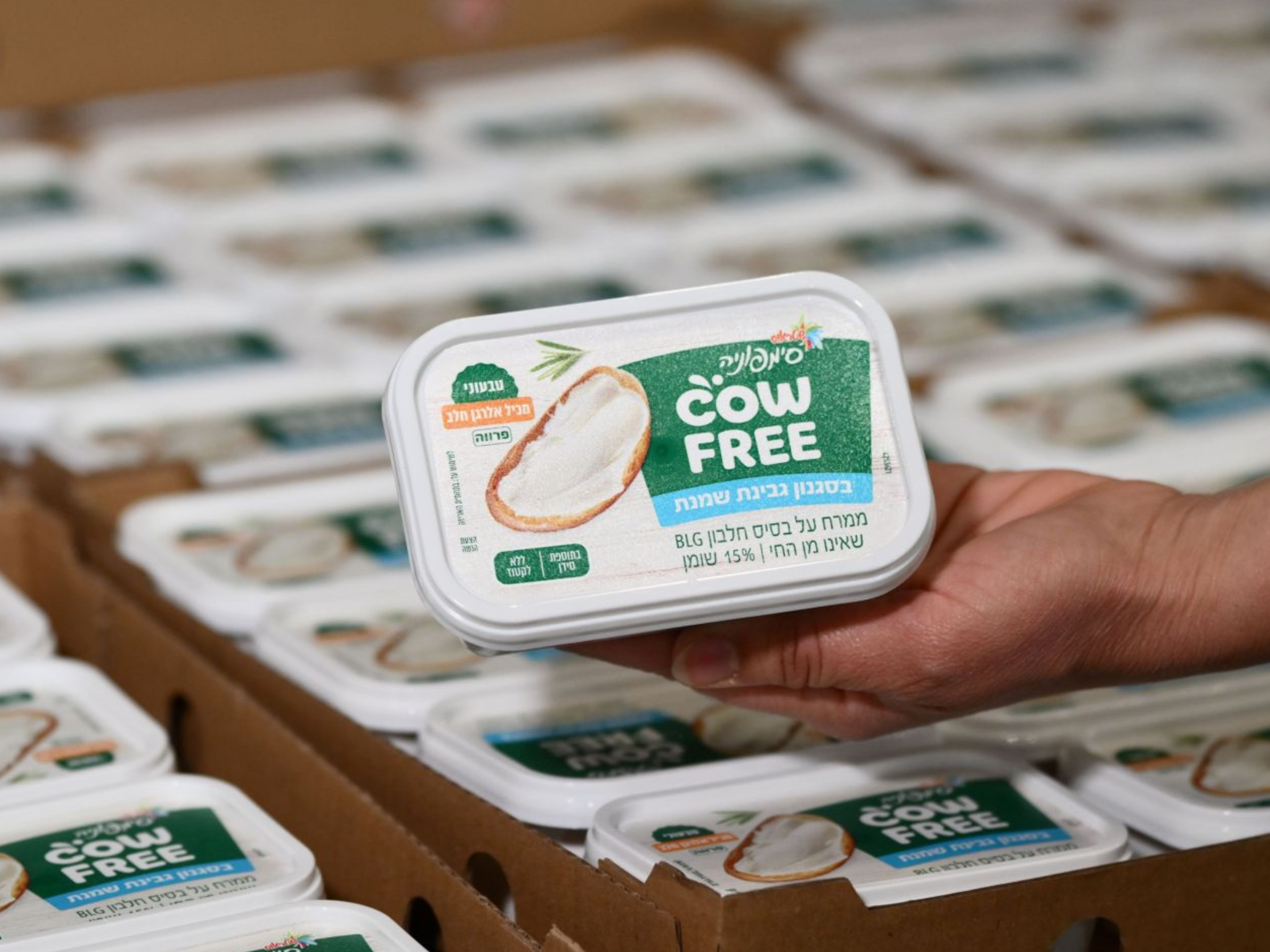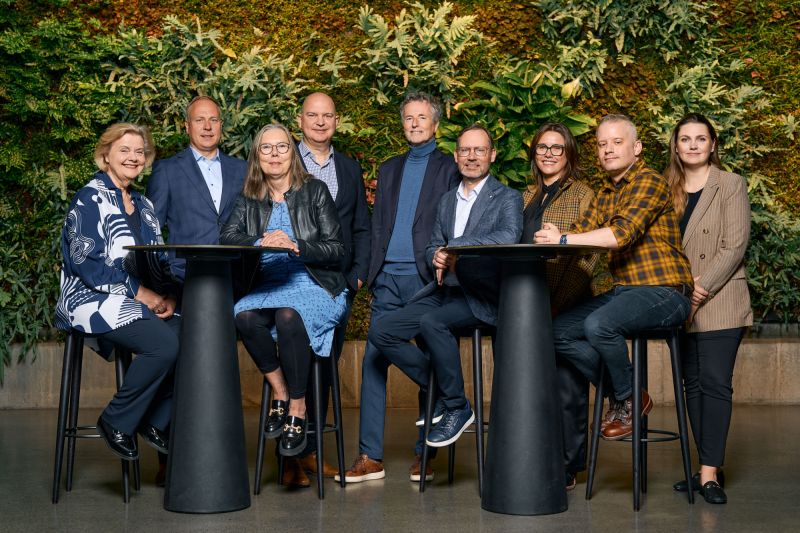

Policymakers must act now on rules for emerging food technologies
A University of Birmingham expert has called on the UK government to take action to fill the legislative gaps around the manufacture, innovation and labeling of food produced with new and novel technologies.
The rapid pace of innovation in the food sector, such as cell cultivation and precision breeding, along with post-Brexit uncertainties, has brought the UK to a legislative crossroads, without much indication of which way it will turn. Other countries, by comparison, have considerably developed their rules and regulations for the manufacture and sale of products such as cell-cultured meat – the latest being the USA.
In her latest policy briefing Dr Mariela de Amstalden, Assistant Professor of Law in Intellectual Property and Innovation at Birmingham Law School, has called on policymakers to develop an agile legal framework that supports emerging food technologies and innovation.
“The UK has not caught up with other countries when it comes to legislation for new food technologies," Dr de Amstalden said. "For example, Singapore has made great strides in this sector, becoming the first country to sell lab-grown meat. The UK, on the other hand, has only this year given the Genetic Technology (Precision Breeding) Act [PBA] royal assent.
“This is a positive step forward when it comes to filling the legislative gap, and now provides a legal basis for novel products that were previously caught in regulatory ambiguity, because regulations in force predated the new biotechnologies, and because we were previously tied to EU rules. But there is a lot more work to be done if the UK is to make the most of these technologies.”
Language and labeling are areas that present some significant challenges when it comes to laws and regulation. The importance of language in global food legislation cannot be understated – the legal meaning of selected foodstuffs is linked to the terminology used to market them.
So, when it comes to products like cell-cultivated meat the key legal question is: what counts as ‘meat’ or a ‘meat substitute?’ Selling UK cell-cultured foods on the global market and getting them accepted by consumers, requires efforts to remove linguistic ambiguity in our domestic regulations, international standards and consumer-facing food labels.
“There has been a lot of public discussion around the role new food technologies will play in the battles against the climate crisis and food poverty, but unless the UK can make significant progress when it comes to laws in this area, then we won’t be able to explore all the prospects this emerging technology provides," Dr de Amstalden concluded.
“If we are to avoid a genetically modified organisms-style (GMO) public relations disaster and exploit the opportunities the UK has in this sector on an international market, then legislators need to get to work to provide the legal framework so needed by the food sector.”
If you have any questions or would like to get in touch with us, please email info@futureofproteinproduction.com






